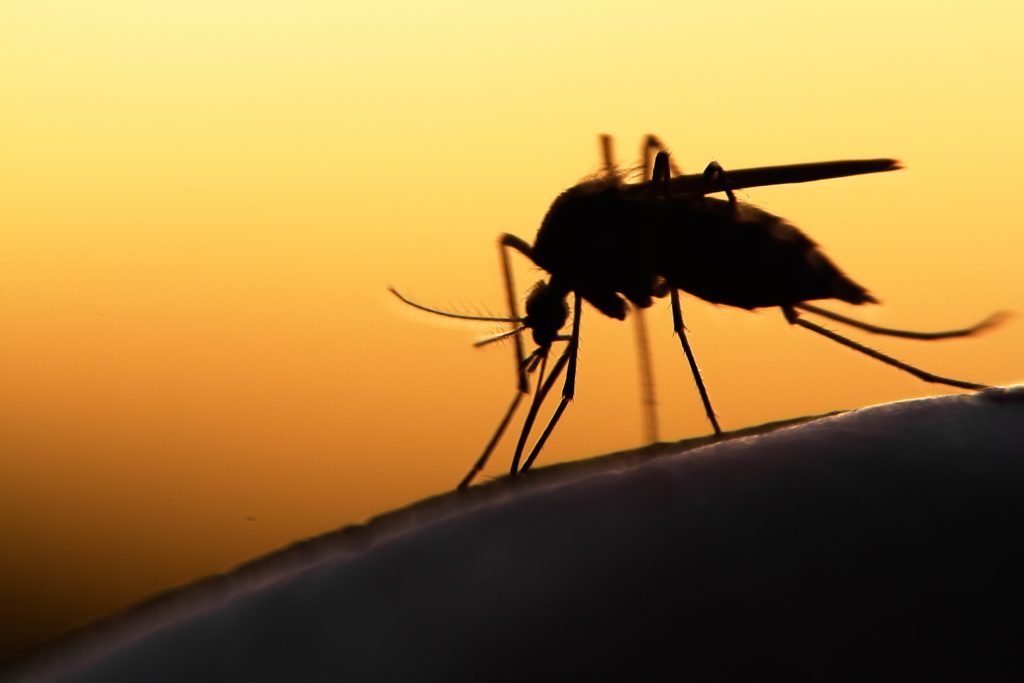
VALDOSTA – A horse in Lowndes County has tested positive for Eastern Equine Encephalitis (EEE).
Public Health officials urge South Georgians to always wear mosquito spray whenever outdoors to guard against mosquito-borne illnesses no matter how early in the season it may seem.
“It is crucial to remember that it is never too early for mosquito bite prevention,” says Kenneth Lowery, district epidemiologist. “While we generally see EEE beginning in late spring, it would not be unreasonable to see cases earlier than expected given warmer temperatures and higher mosquito activity.”
Most mosquito-borne illnesses are transmitted to humans and animals through the bite of an infected mosquito.
Tips to prevent mosquito bites are:
- Use insect repellent containing DEET, picardin, IR3535 or oil of lemon eucalyptus on exposed skin and/or clothing.
- Wear long sleeves and pants when weather permits.
- Have secure, intact screens on windows and doors to keep mosquitoes out.
- Eliminate mosquito breeding sites by emptying standing water from flower pots, buckets, barrels, wading pools and other containers. Drill holes in tire swings so water drains out.
- Be sure to use repellent and wear protective clothing from dusk to dawn or consider indoor activities during these times due to peak mosquito biting hours.
“South Georgia should be prepared for a potentially busy mosquito season,” said Dr. Rosmarie Kelly, Georgia Department of Public Health entomologist. “We had a very mild winter and that is going to increase the potential for mosquito-borne illnesses.”
Although there is no vaccine for humans to prevent mosquito-borne illness, there are EEE and West Nile Virus vaccines available for horses. Consult with your veterinarian to have your horse(s) vaccinated as early as possible.
For more information on mosquito borne illnesses visit the Centers for Disease Control and Prevention’s website at www.cdc.gov.
